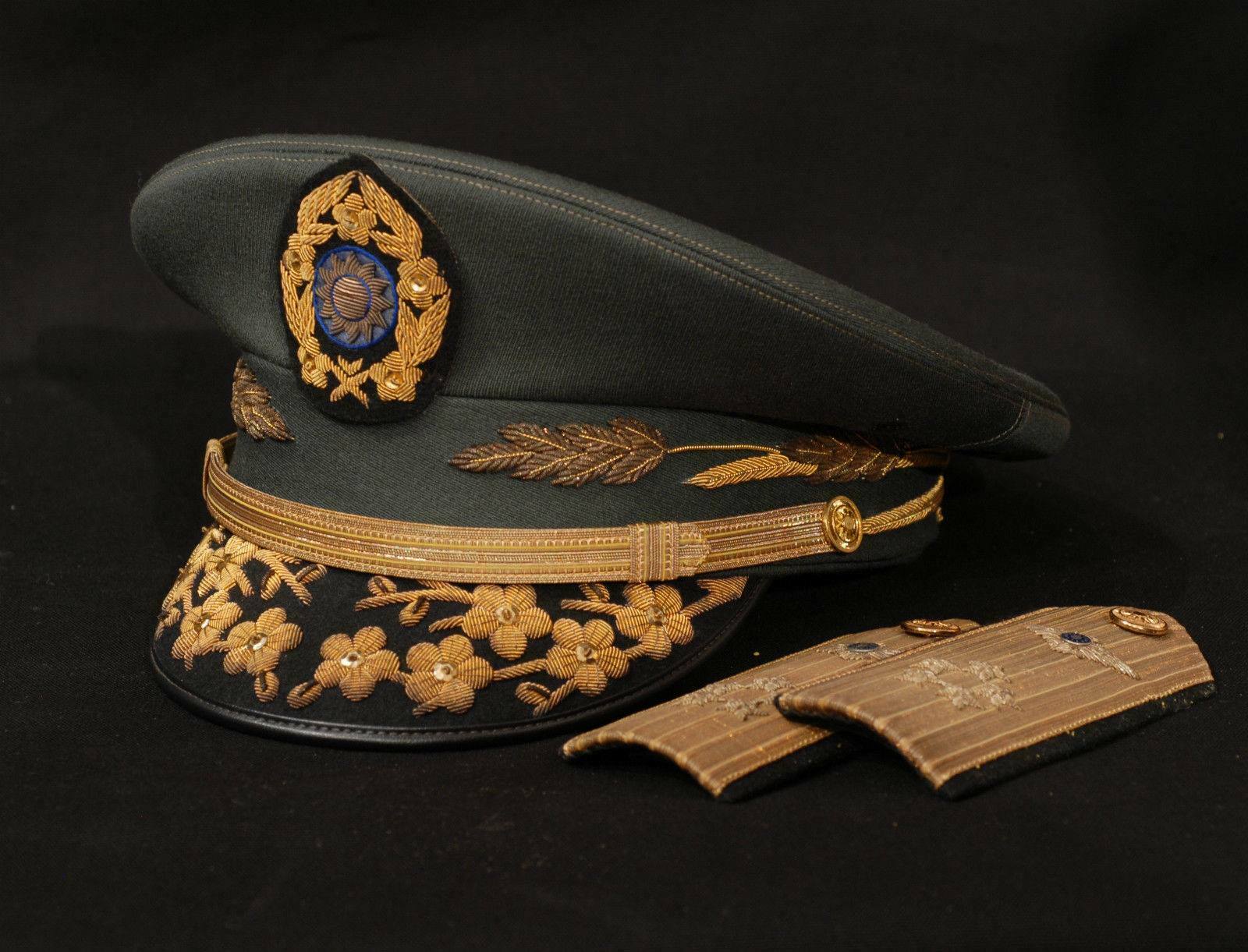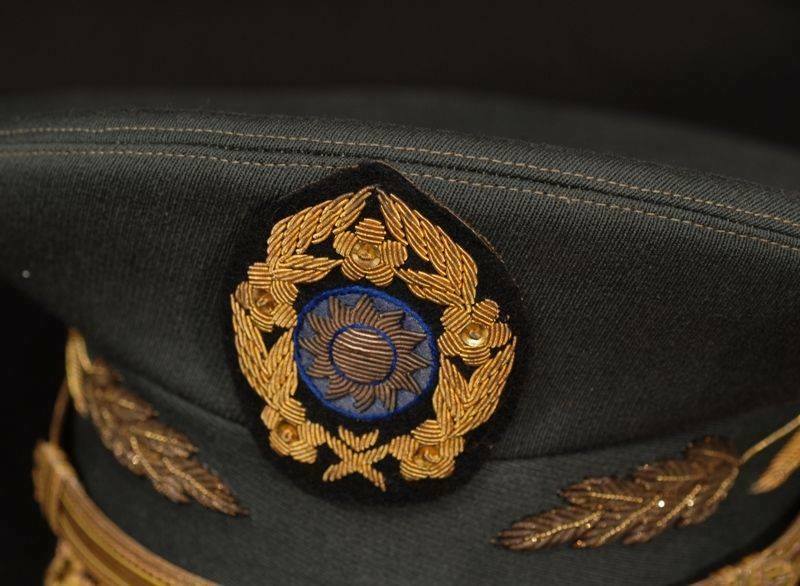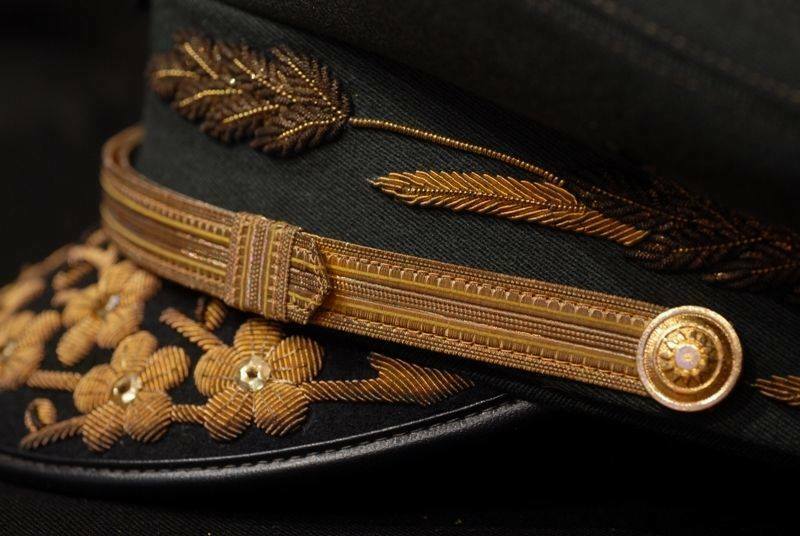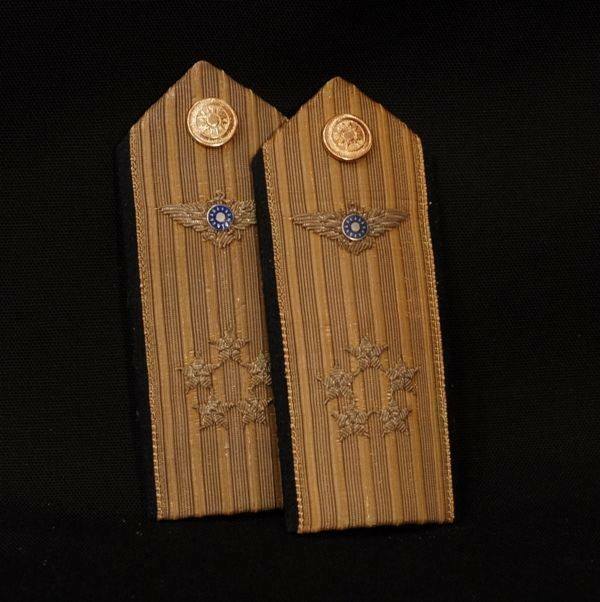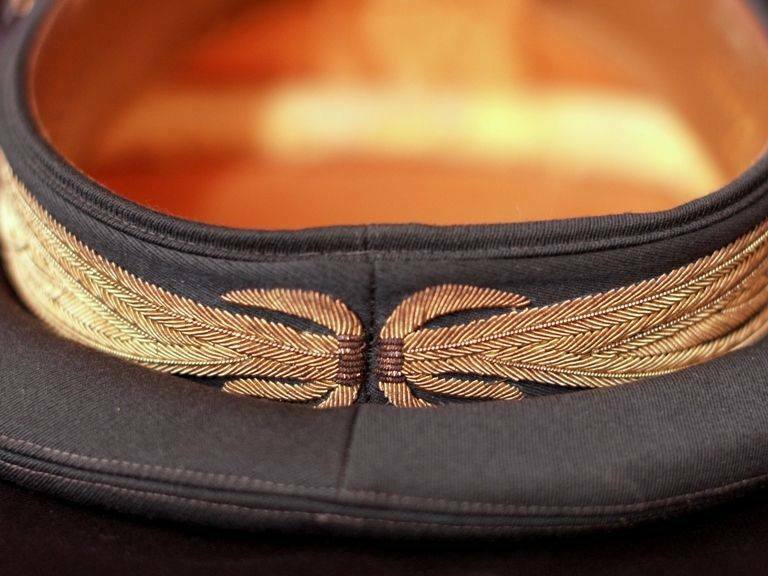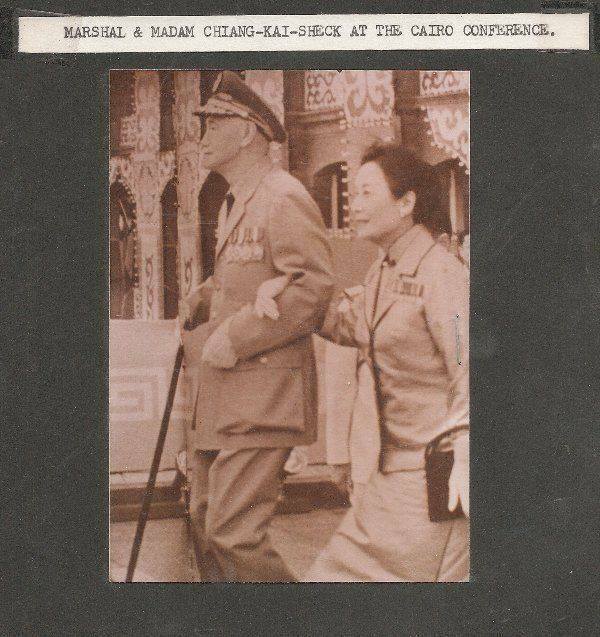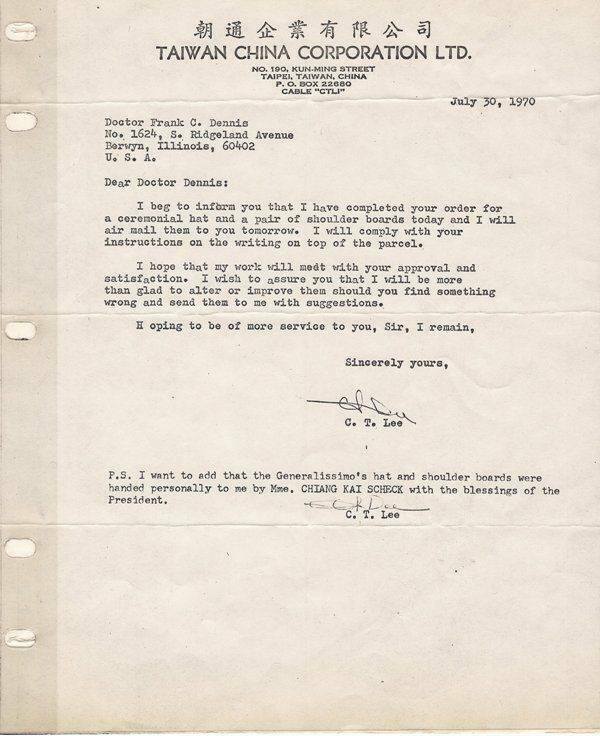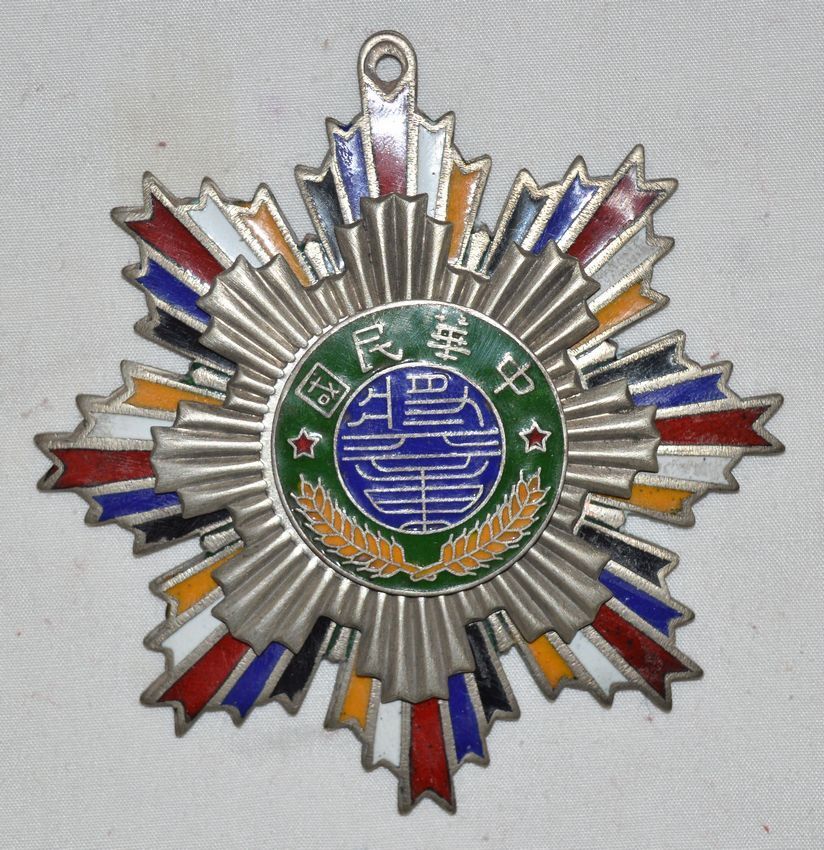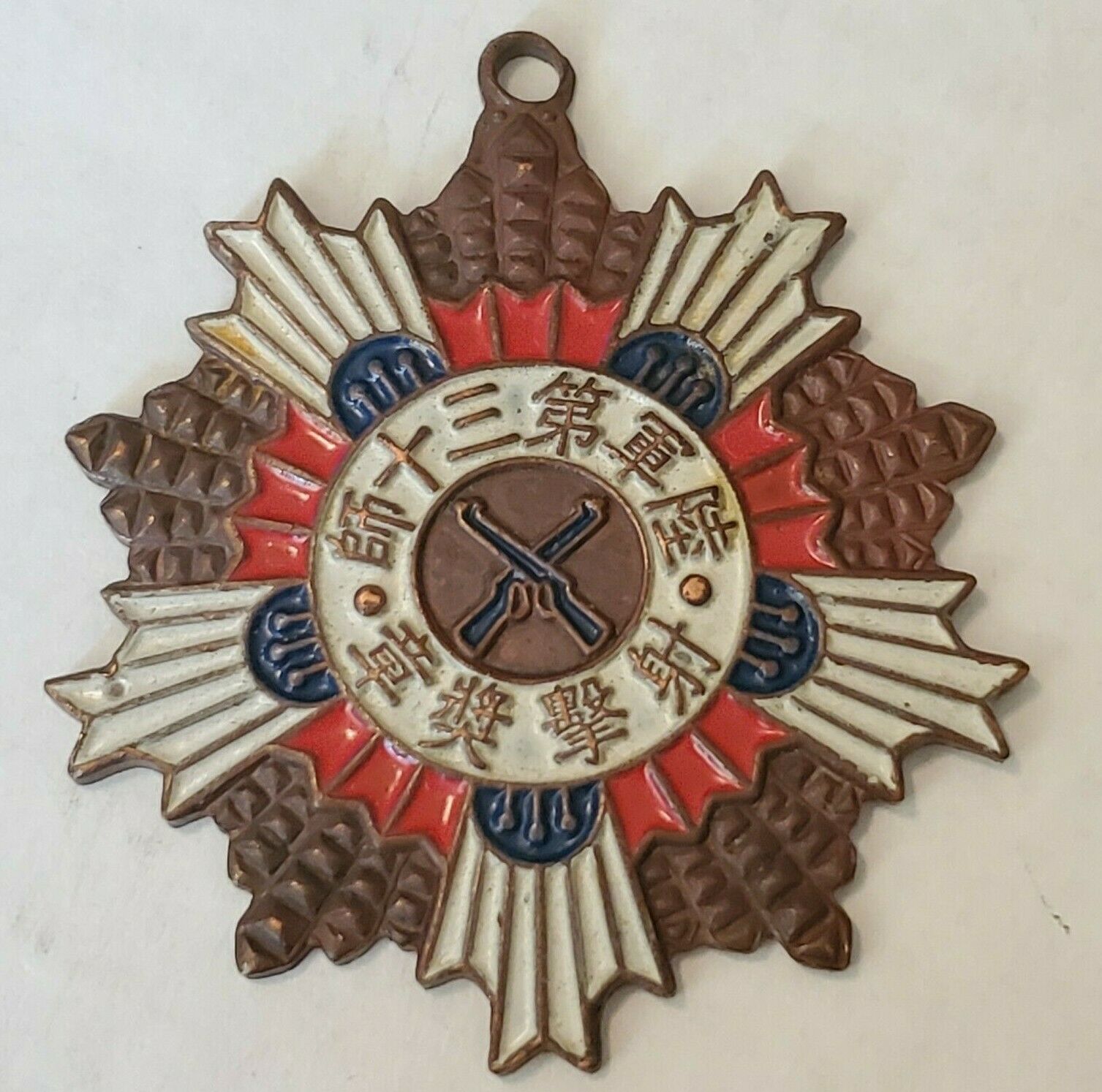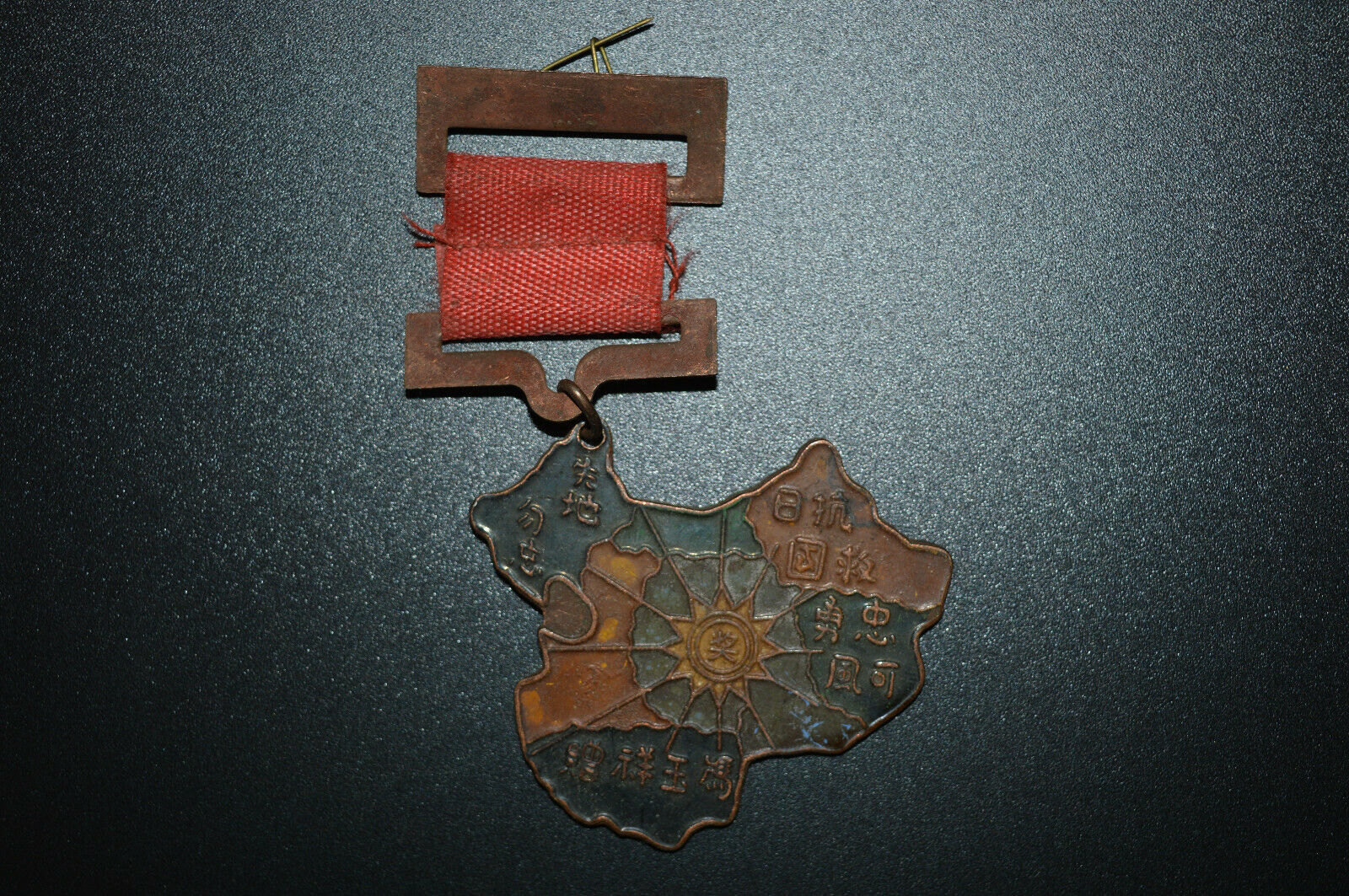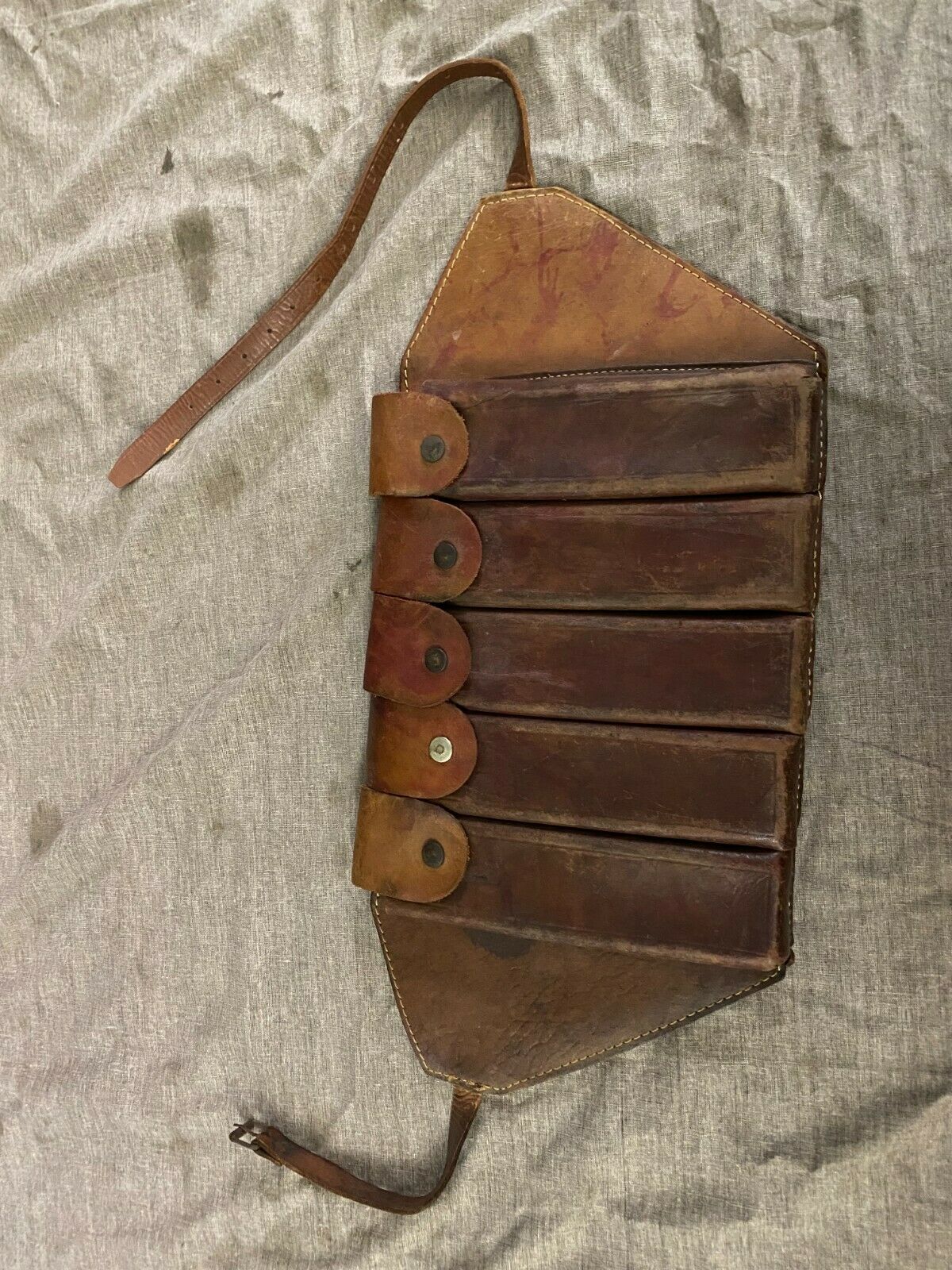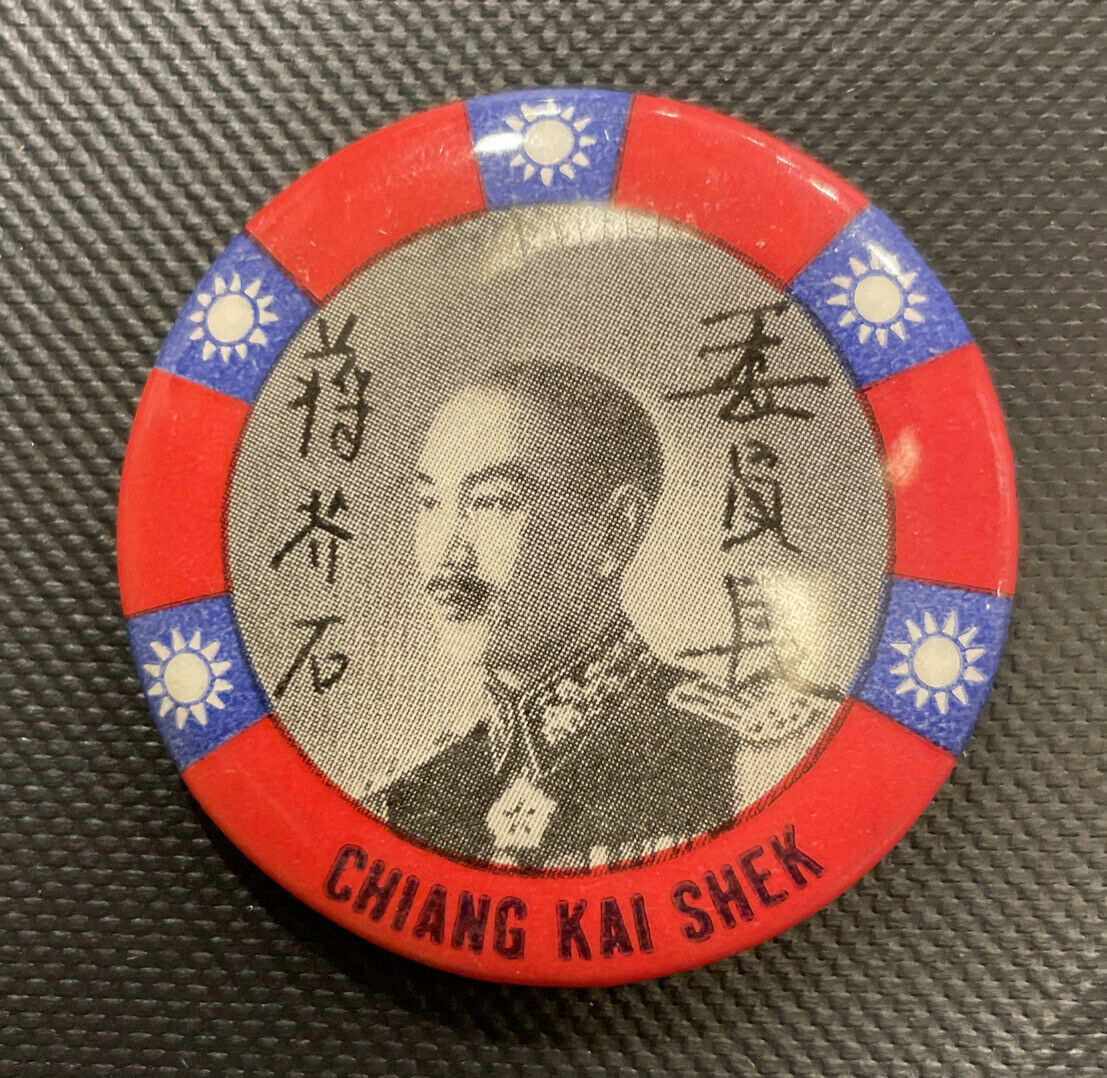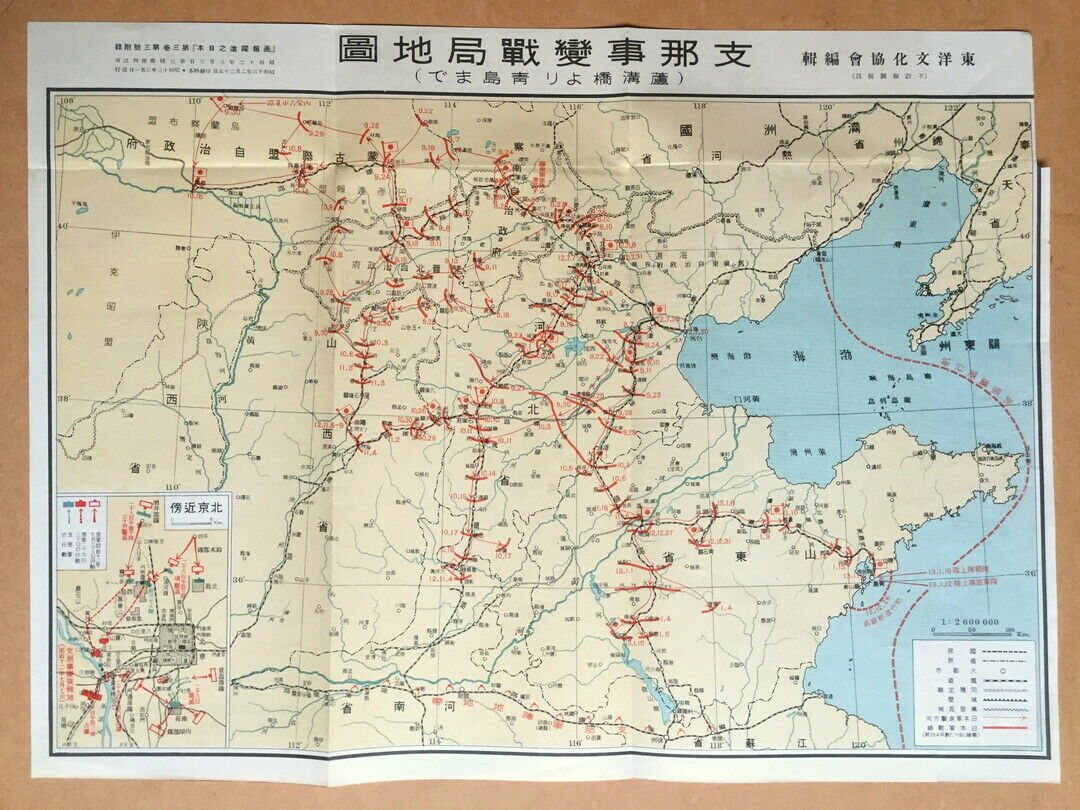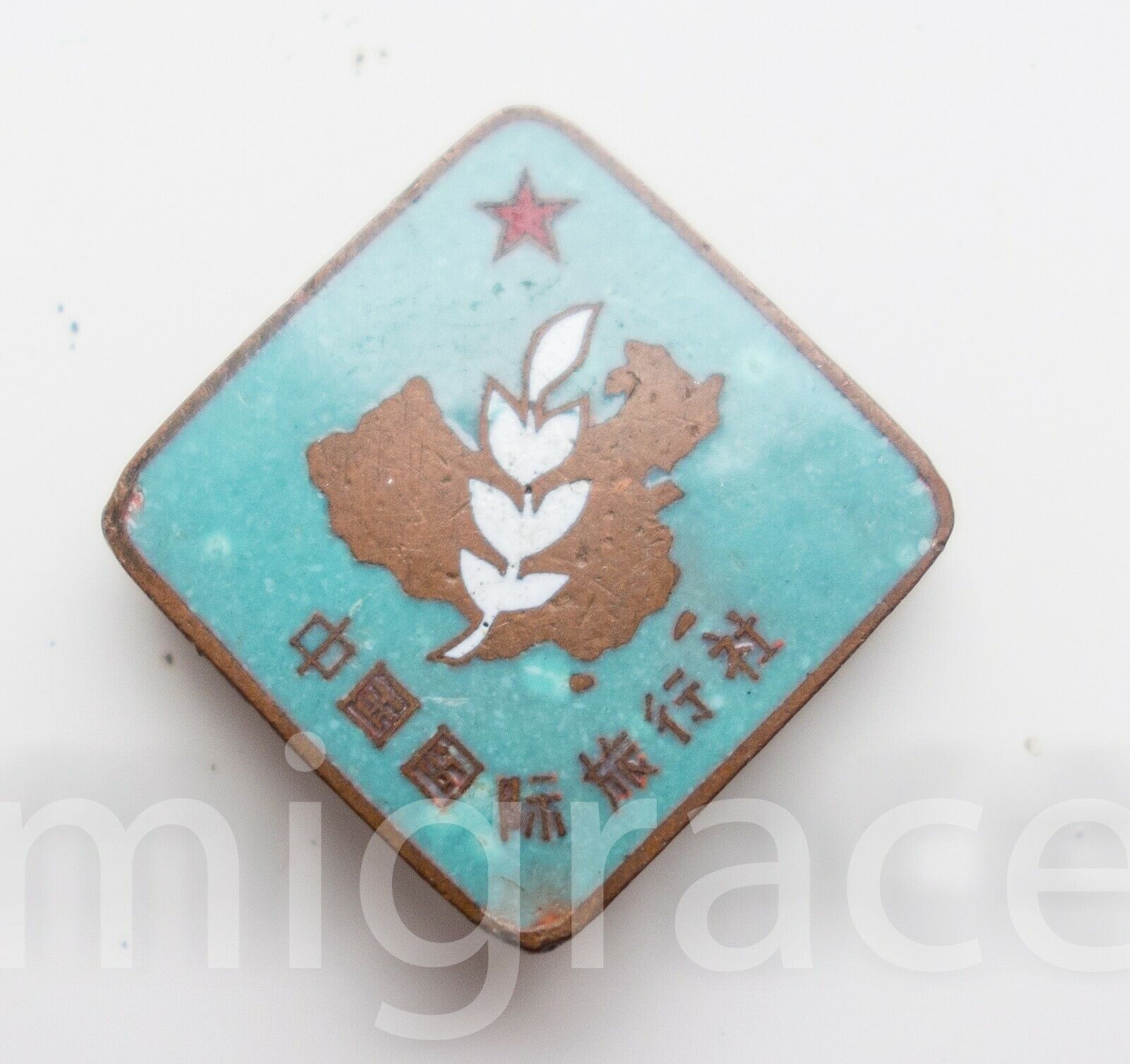-40%
Shoulder straps and a cap Chiang Kai-shek
$ 12144
- Description
- Size Guide
Description
Chiang Kai-shek(
/
?
t?
æ
?
k
a?
?
?
?
k
,
d?
i
?
??
?
/
;
[5]
31 October 1887 ? 5 April 1975
[1]
[2]
[3]
[6]
), also known as
Chiang Chung-cheng
[2]
and
romanized
via Mandarin as
Chiang Chieh-shih
and
Jiang Jieshi
, was a Chinese
nationalist
politician, revolutionary and military leader who served as the
leader of the Republic of China
between 1928 and 1975, first in
mainland China
until 1949 and then in
Taiwan
until his death.
Born in
Chekiang
Province, Chiang was a member of the
Kuomintang
and a lieutenant of
Sun Yat-sen
in the revolution to overthrow the
Beiyang government
and reunify China. With
Soviet
and
communist
(CCP) help, Chiang organized the military for Sun's
Canton Nationalist Government
and headed the
Whampoa Military Academy
. Commander in chief of the
National Revolutionary Army
(from which he came to be known as
Generalissimo
), he led the
Northern Expedition
from 1926 to 1928, before defeating a coalition of warlords and nominally reunifying China under a new
Nationalist government
. Midway through the campaign, the
KMT?CPC alliance
broke down and Chiang
purged the communists
inside the party, triggering a
civil war
with the
CCP
, which he eventually lost in 1949.
As leader of the Republic of China in the
Nanjing decade
, Chiang sought to strike a difficult balance between the modernizing China while also devoting resources to defending the nation against the impending
Japanese threat
. Trying to avoid a war with
Japan
while hostilities with CCP continued, he was kidnapped in the
Xi'an Incident
and obliged to form an
Anti-Japanese United Front
with the CCP. Following the
Marco Polo Bridge Incident
in 1937, he mobilized China for the
Second Sino-Japanese War
. For eight years he led the war of resistance against a vastly superior enemy, mostly from the wartime capital
Chongqing
. As the leader of a major
Allied
power, Chiang met with
British Prime Minister
Winston Churchill
and
U.S. President
Franklin D. Roosevelt
in the
Cairo Conference
to discuss terms for
Japanese surrender
. No sooner had the
Second World War
ended than the
Civil War
with the communists, by then led by
Mao Zedong
, resumed. Chiang's nationalists were mostly defeated in a few decisive battles in 1948.
In 1949 Chiang's government and army
retreated to
Taiwan
, where Chiang imposed
martial law
and persecuted critics during the
White Terror
. Presiding over a period of
social reforms
and
economic prosperity
, Chiang won five elections to six-year terms as
President of the Republic of China
and was Director-General of the Kuomintang until his death in 1975, three years into his fifth term as President and just one year before Mao's death.
One of the longest-serving non-royal head of states in the 20th century, Chiang was the
longest-serving non-royal ruler of China
having held the post for 46 years. Like
Mao
, he is regarded as a controversial figure. Supporters credit him with playing a major part in unifying the nation and leading the Chinese resistance against Japan, as well as with countering
Soviet-communist
encroachment. Detractors and critics denounce him as a
dictator
at the front of an
authoritarian
regime who suppressed opponents.
